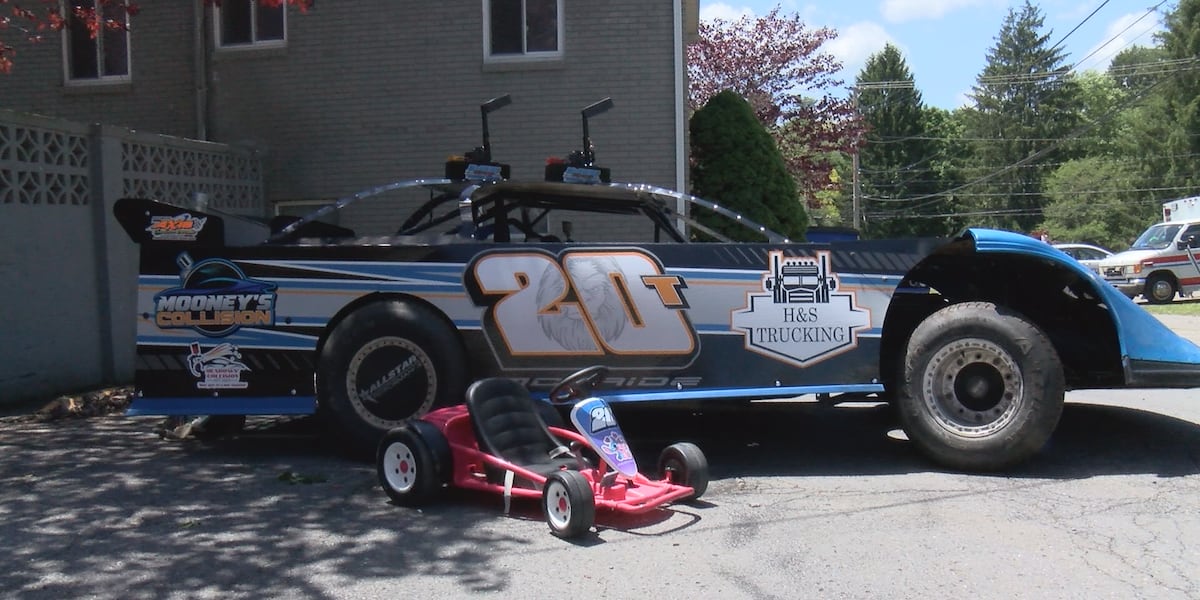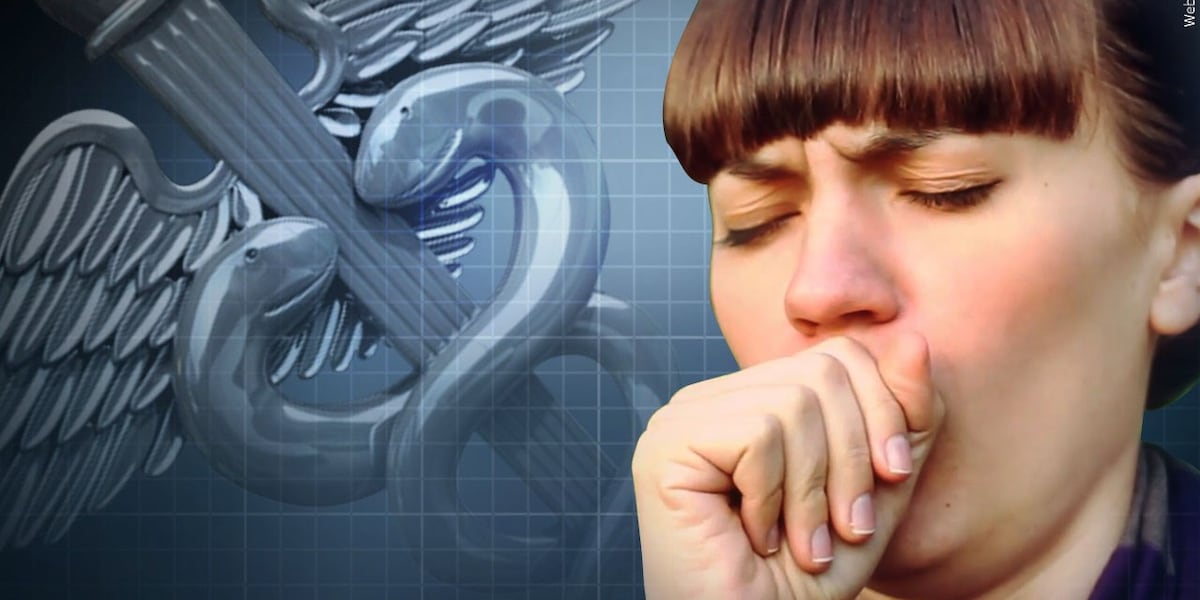Michael Beasley's Plea: 'Nobody Wants to Help' with Mental Health Struggles

Former NBA star Michael Beasley has bravely opened up about his ongoing battle with mental health, revealing a heartbreaking sense of isolation and a feeling that his pleas for help have gone unanswered. In a candid interview, Beasley shared the frustration of feeling unheard and unsupported, stating, “Every text message is left on read, nobody tell me the right thing to do.”
Beasley’s revelation sheds light on the often-overlooked difficulties individuals face when seeking mental health support, even those with public platforms and resources. His story resonates with many who have experienced similar feelings of loneliness and abandonment in their own struggles.
A Difficult Journey to Openness
Beasley’s journey to acknowledging and addressing his mental health has been a long and arduous one. He's spoken previously about his struggles with substance abuse, which he has linked to underlying mental health issues. The openness he’s now displaying marks a significant step forward, but it’s also a stark reminder of the challenges that remain.
“It's tough,” Beasley admitted. “I've been through a lot, and I’m trying to be better. But it's like, I reach out, and I get nothing back.” This sentiment highlights the critical need for improved mental health support systems and a greater willingness from those around individuals struggling to offer genuine assistance.
The Problem of Silence
The silence Beasley describes isn't just about unanswered texts; it represents a broader societal issue. There's a stigma surrounding mental health that prevents many from seeking help, fearing judgment or misunderstanding. Even when individuals do reach out, they may encounter indifference or a lack of qualified support.
Beasley's experience underscores the importance of proactive outreach and a culture of empathy. Friends, family, and communities need to be equipped with the knowledge and resources to recognize the signs of mental distress and offer meaningful support. Simply acknowledging someone's pain and offering a listening ear can make a world of difference.
Moving Forward: A Call for Action
Beasley's willingness to share his story is a powerful act of vulnerability that can inspire others to seek help and break down the barriers surrounding mental health. His plea for support serves as a call to action for individuals, organizations, and communities to prioritize mental well-being and create a more supportive environment for those who are struggling.
The NBA and other professional sports leagues have made strides in recent years to address mental health concerns among athletes, but there’s still much work to be done. Providing access to mental health professionals, promoting awareness campaigns, and fostering a culture of openness are crucial steps in ensuring that athletes – and everyone – feel comfortable seeking help when they need it.
Ultimately, Beasley’s story reminds us that mental health is just as important as physical health, and that everyone deserves access to compassionate and effective support. Let’s hope his brave voice encourages others to speak out and seek the help they need, and that those who are reached out to will respond with empathy and action.






